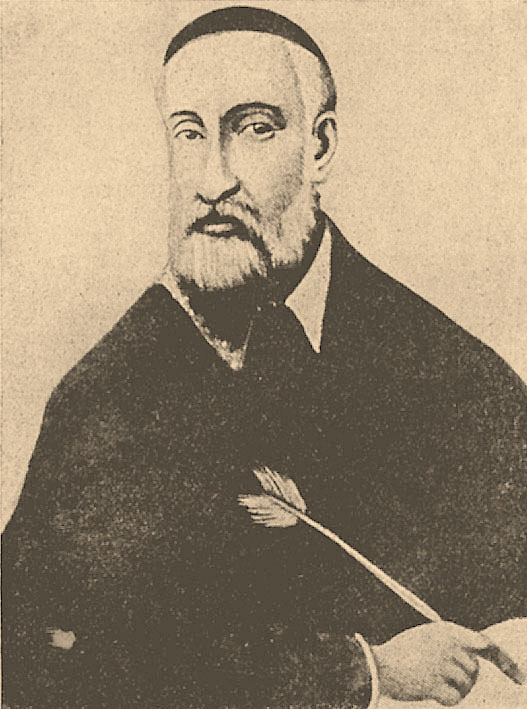Every One Counts
By Rabbi Danny Mirvis
“The commandment that I command you (singular) today, you (plural) shall keep to perform, so that you may live and increase and you shall come and you shall inherit the Land that Hashem swore to your forefathers”
—(Devarim 8:1).
This week’s parashah contains numerous promises of reward if we observe Hashem’s commandments. On one of these occasions, where we are informed that we will live, increase, and come to inherit the Land, the Kli Yakar points out a grammatical difficulty.
The commencement of the pasuk, “The commandment that I command you today…”, is written in the singular form, suggesting that these words are being aimed at the individual. However, the rest of the pasuk, “…you shall keep to perform, so that you may live and increase and you shall come and you shall inherit the Land that Hashem swore to your forefathers,” is written in the plural form, suggesting these words are being aimed at the entire people of Israel.
An identical question arises in the first verse of next week’s parashah of Re’eh, “See (“re’eh”), I place before you (“lifneichem”) today a blessing and curse” (Devarim 11:26–28).
The first word of the pasuk, “re’eh,” means “see” in the singular form, suggesting that these words are being aimed at the individual. The continuation of the verse and the rest of the paragraph, however, are phrased in the plural form suggesting that these words are being aimed at the entire nation.
The Kli Yakar explains these discrepancies based on the Gemara in Kiddushin (40b). The Gemara states that a person should always imagine that the whole world lies in the balance, with equal amounts of merit and sin. The performance of one mitzvah by one individual can tip the scales so that that individual and the whole world are in merit.
These pesukim relating to the fate of our people are addressed firstly at the individual and then at the entire nation, so that every individual will know that his/her actions have an impact on the fate of the nation as a whole.
Based on the Kli Yakar’s answer, we can explain another difficulty with the pasuk above in this week’s parashah. We are informed that we will be rewarded if we keep “the commandment that I command you today” without being informed which mitzvah is being referred to!
In light of the Gemara in Kiddushin we can suggest that “the commandment” referred to in this pasukdoes not refer to any specific mitzvah but the potential of every single individual mitzvah, for the performance of one mitzvah can tip the scales to put the whole world in merit.
Two vital messages emerge from this pasuk: The potential of every individual and the potential of every mitzvah. By heeding these messages, may we benefit from all the rewards in this week’s parashah. n
Rabbi Danny Mirvis is CEO of World Mizrachi, and Rabbi of Ohel Moshe Synagogue in Herzliya Pituach. He is a member of the Mizrachi Speakers Bureau (Mizrachi.org/speakers).









![A Real [Baba] “Metziah”](https://5tjt.com/wp-content/uploads/2025/02/Dovid-Fox-1024x719.jpg)




